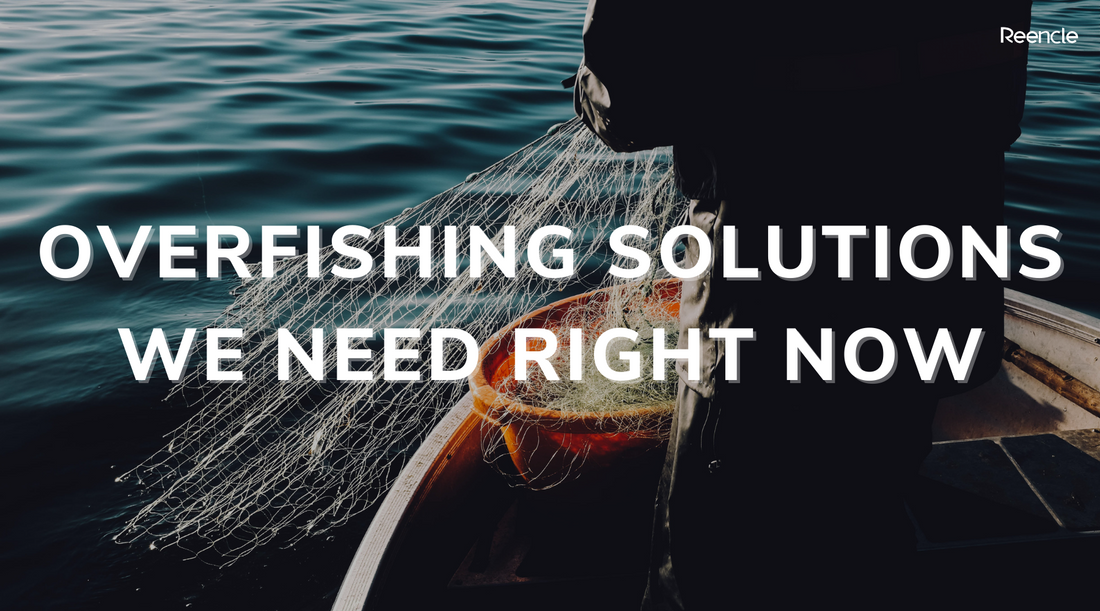Catching fish isn’t inherently harmful (depending on who you ask), but fishing is one of the causes of ocean population decline. This mainly occurs when fish are caught at a much faster rate than they are able to be replenished. This is what’s referred to as overfishing.
In the last half a century, overfished stocks have tripled around the world, and ⅓ of the world’s fisheries are pushed beyond their biological limits. Overfishing is also linked with bycatch, whereby non-target animals like dolphins, marine turtles and seabirds are caught in nets and lines. When this happens, these fish are often carelessly thrown overboard in the state of dying or worse, dead.
Effects of Overfishing
Bycatch
According to Environment.co, bycatch is one of the biggest issues the commercial fishing industry faces. Some species like manatees and vaquitas have even been pushed towards extinction due to fishing methods. This can be relieved via the creation of more sustainable fishing methods.
Food Chain Disruption
As it continues to happen, overfishing can disrupt the food chain system in major ways. Even as of now, most fisheries have already fished beyond the sustainable limit, which will result in a negative impact towards the ultimate populations of the area. Fish are the primary protein source for many people around the world. Their resources will be severely depleted due to overfishing.

Photo Credit: Brian Yurasits
Harmful Algal Growth
When algae overgrow, it consumes oxygen and blocks sunlight from reaching underwater plants. Growing amounts of algae can threaten the population of fish and reefs while harming overall ocean health.
Ecosystem Imbalance
Not only does overfishing threaten algal blooms and cause the loss of species, but it also disrupts ecosystems. This affects the health of the species in the specific body of water and can even lead to fisheries being shut down due to a lack of fish.

Photo Credit: Fredrik Ohlander
Overfishing Solutions
Clearer Traceability
When traceability standards are enforced, importers and fish vendors are required to provide a detailed account of where their fish was sourced. This can help weed out illegal fishing as it will create transparency in supply chains that deliver from catch to market, not to mention enlightens consumers about the source of their fish, too.
International Fishing Regulations
About 58% of the ocean’s surface is classified as international waters - upon which activists have urged for fishing to be banned. As drastic as the call for this ban might seem, it would be highly effective in managing the issue of overfishing. This is due to the fact that protected waters are extremely effective in saving fish populations, especially given the current lack of international waters fishing regulations.
Protecting Essential Predators
Predator species like sharks and tuna are highly prone to overfishing, which is extremely unfortunate as they are essential to the maintenance of local ecosystems. Without these predators, prey species will boom, therefore causing overpopulation, algal blooming, and eventual ecosystem collapse.
Despite being commercially lacking in value, species like blue sharks make up around 90% of the sharks mistakenly caught, which can be amended through tighter regulations against trawling* and overfishing.
*Trawling is to fish with a trawl net or seine - a vertical fishing net that hangs in the water as the ends draw together to encircle fish.
Fishery Management Based On Rights
Traditionally, the structure of fishery management encourages an all-you-can-catch sort of approach to fishing. This pushes fishers to catch as many fish as they can in the shortest amount of time possible. However, this isn’t the only approach that can be used. Under a rights-based fishery management system, fishers would be guaranteed a certain portion of the catch if they agree to specific limits like how much they can catch and the times of the year when they are permitted to do so.
This also encourages long-term thinking as each fisher would have a stake in the fishery which grows as the fishery grows, which can also be passed down to their family members.

Photo Credit: Wexor Tmg
All that being said, overfishing is something that affects us even if it might seem distant. Our livelihoods are affected by overfishing be it directly or indirectly. Because of this, educating ourselves on the harms of overfishing can go a long way in making the necessary changes.

